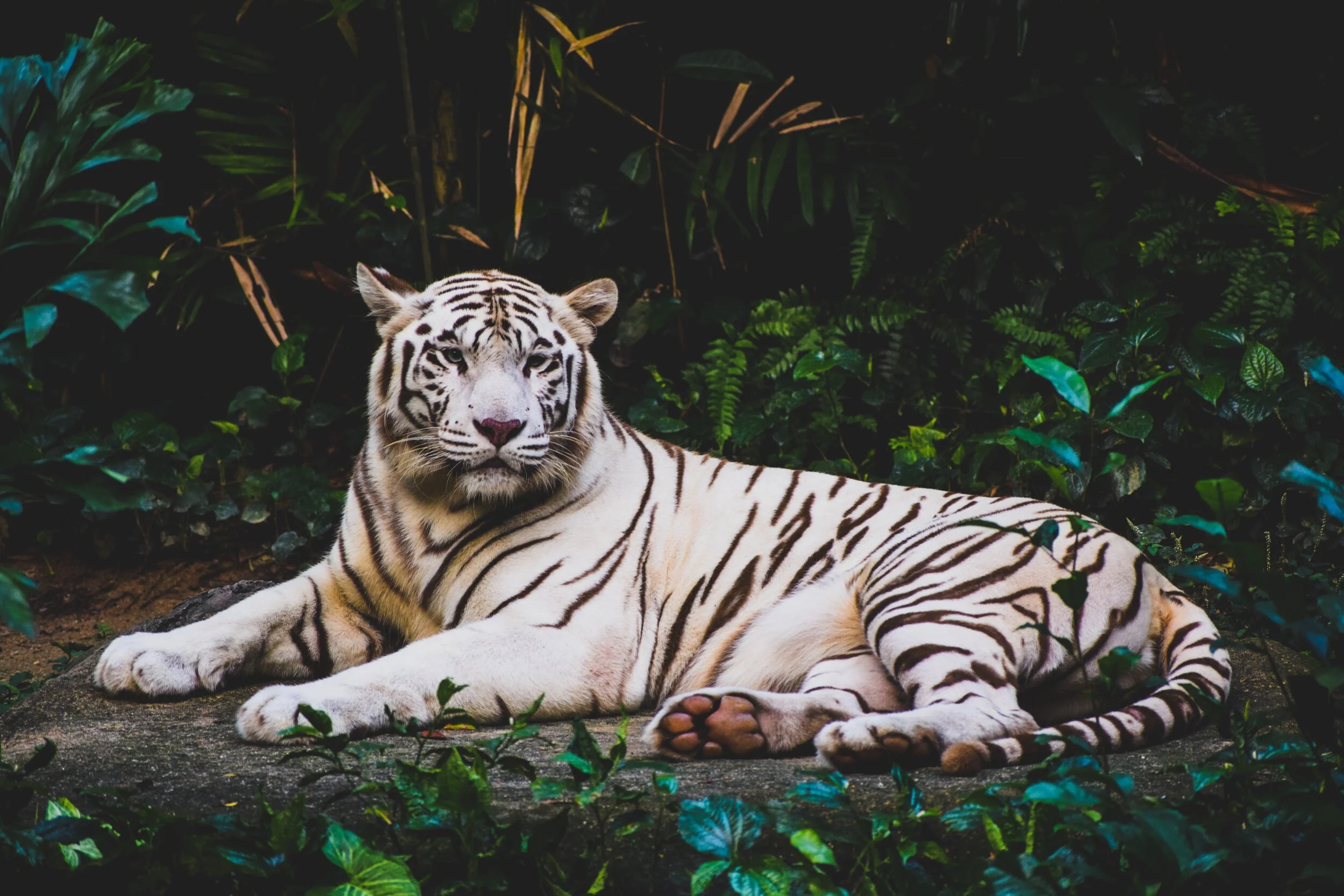Dynasties: Solving habitat destruction?
Attenborough has been successful in portraying human exploitation and climate change, but has the series been successful in educating the greater public on how to tackle such issues?
Dynasties is an animal-nature TV series that was presented on BBC One in 2018. Sir David Attenborough, a renowned natural historian and broadcaster, narrated the series whilst highlighting the importance of nature conservation for endangered animals. His work on the series has proven popular with UK audiences, with over 3 million requests for Dynasties to be on BBC iPlayer (BBC, 2019). The series covers the intense pressures that animals face during summer and winter, showing how the survival of the fittest and changing landscapes, influence the future of their dynasties.
The programme generally targets those with a general interest in animals and nature, as well as conservationists and scientists. Exploring the stark decline of chimps, penguins, tigers, painted wolves, and lions, left audiences emotional and inspired to change for the betterment of Earth. The crew of videographers were admired for capturing moments like a lioness’ perseverance to protect her family and a tigress’ rivalry with her daughter for territory.
Social media movements including #SustainableMe have become imperative in raising awareness of habitat destruction and global warming (Jones, 2018). There has been a conscious effort from the greater public to become more environmentally friendly by upcycling clothes, eating vegan produce, and using flasks. Whilst #SustainableMe has influenced the public to rethink their lifestyles, it can be questioned:
Without the help of social media, how could we tackle such problems?
Moreover, are the public being educated in the best way possible about habitat destruction, when the programme exacerbates emotional scenes and poaching statistics?
Attenborough has been successful in portraying human exploitation and climate change, but has the series been successful in educating the greater public on how to tackle such issues?
‘Dynasties on Location’ is a segment at the end of each episode that provides viewers with insight into the research conducted by animal scientists whilst filming. By focusing more on this segment, audiences may become better informed about research on endangered animals, rather than the series purely aiming to have an emotional impact on viewers.
In one part of the series, the camera team were faced with a dilemma whilst in Antarctica, as the emperor penguins were trapped in a ravine, triggering the crew to help the birds (Singh, 2018). This situation was unique and effectively portrayed the crew’s altruistic motives, leading to many viewers feeling emotional and inspired to help animals in danger. Yet, it is during these times that Attenborough reminds viewers about how much habitat destruction humanity has caused. With audiences feeling negative, the programme should aim to raise awareness of such issues, whilst offering solutions for the greater public to ponder upon.
Overall, whilst Dynasties provides viewers with insights into nature and animal extinction, it can be improved upon by focusing more on scientific research and exactly how the public can help tackle such important issues. Moreover, the overarching aim of the series should be to inform the public of habitat destruction, rather than dramatizing scenes and causing an exacerbation of anxiety. Whilst these types of scenes do highlight the problems faced by animals on the brink of extinction, a better balance is required for the public to change their mindsets and act upon what they can see.
Written by Evelyn Antony
“Hello! My name is Evelyn and I recently graduated from the University of Edinburgh with a Master of Arts (with Honours) degree in Psychology. My undergraduate dissertation leveraged data from the UK Millennium Cohort Study, where I investigated the role of emotional dysregulation in explaining the association between ADHD and internalising emotional problems amongst young children. Throughout my degree, I have acquired valuable and meaningful experiences working with young people that have profound mental health issues and additional needs, as well as working in research and events management within higher education settings. Collectively my work experiences and undergraduate degree in psychology has led me to pursue postgraduate studies, in educational psychology, which commences later in 2021.”
Connect with Evelyn on Linkedin and through her personal blog.
References
BBC (2019, January). BBC iPlayer reveals top programmes of 2018. https://www.bbc.co.uk/mediacentre/latestnews/2019/iplayer-2018-stats
Jones, L. (2018, February). 5 fashion materials you didn’t realise were bad for wildlife. BBC Earth.https://www.bbcearth.com/blog/?article=fashion-materials-you-didnt-realise-were-bad-for-wildlife
Singh, A. (2018, November). BBC Natural History Unit boss: why we stepped in to save the penguins. https://www.telegraph.co.uk/news/2018/11/19/bbc-natural-history-unit-boss-stepped-save-penguins/

